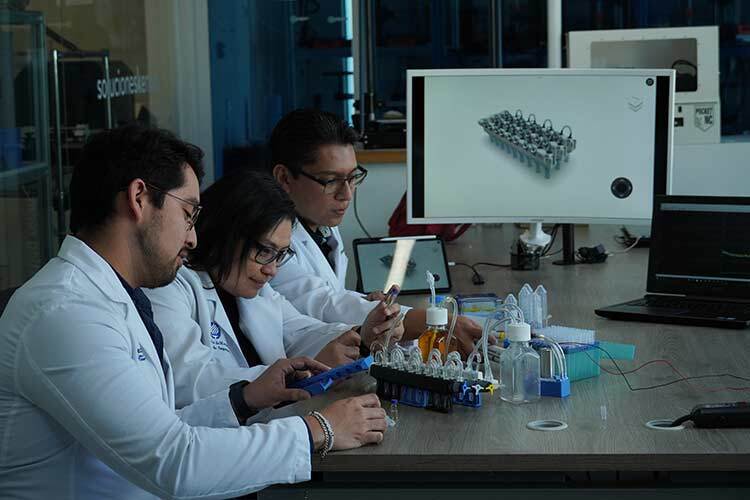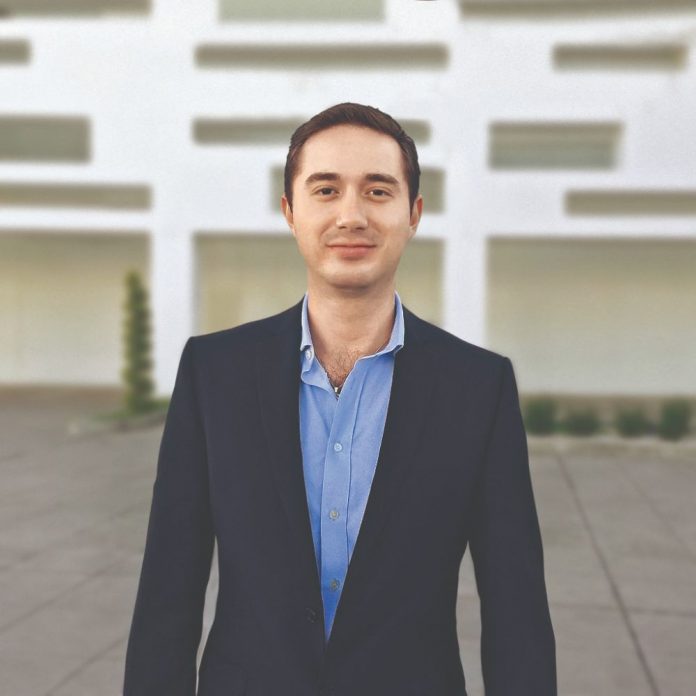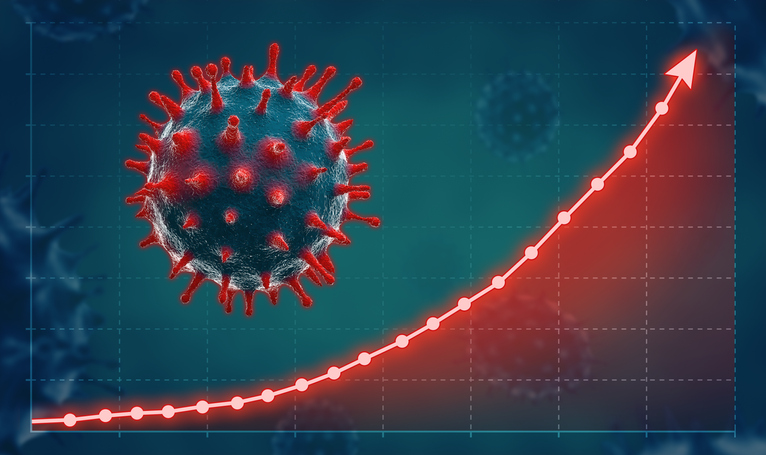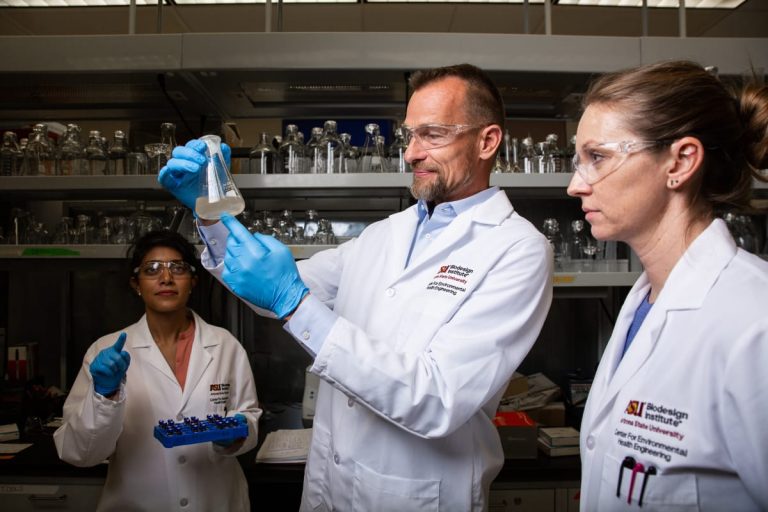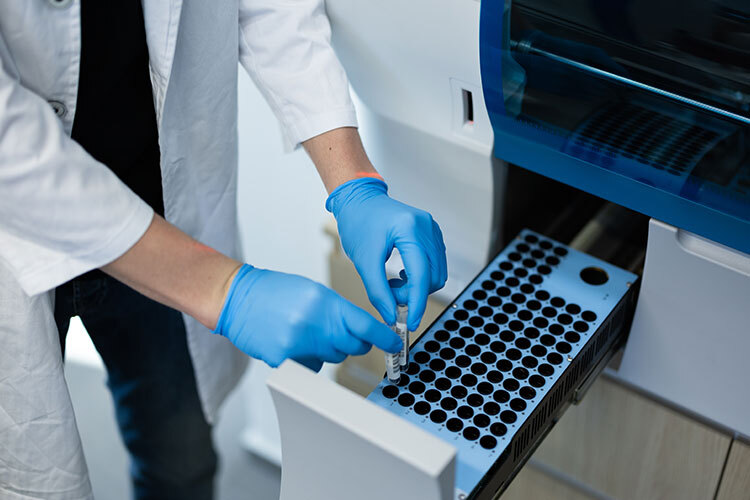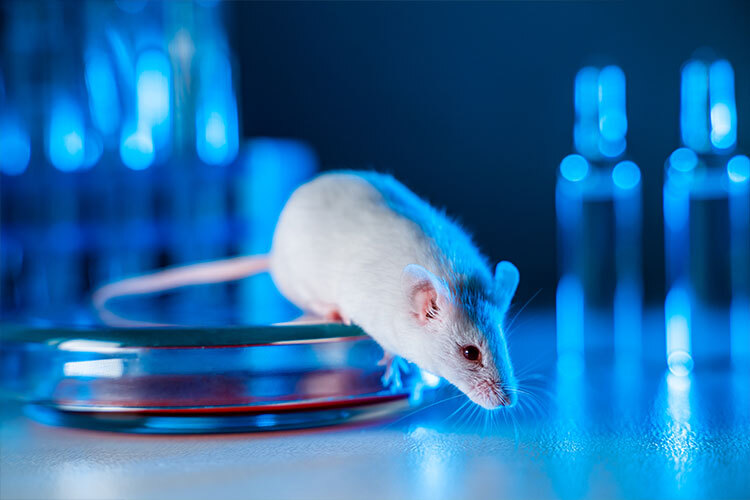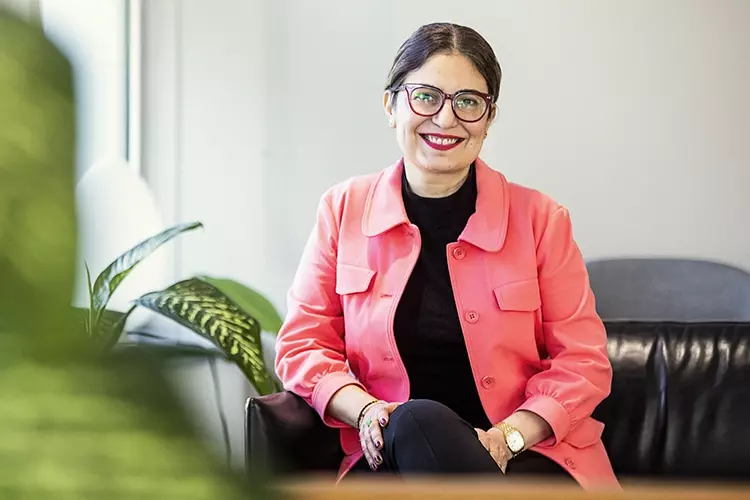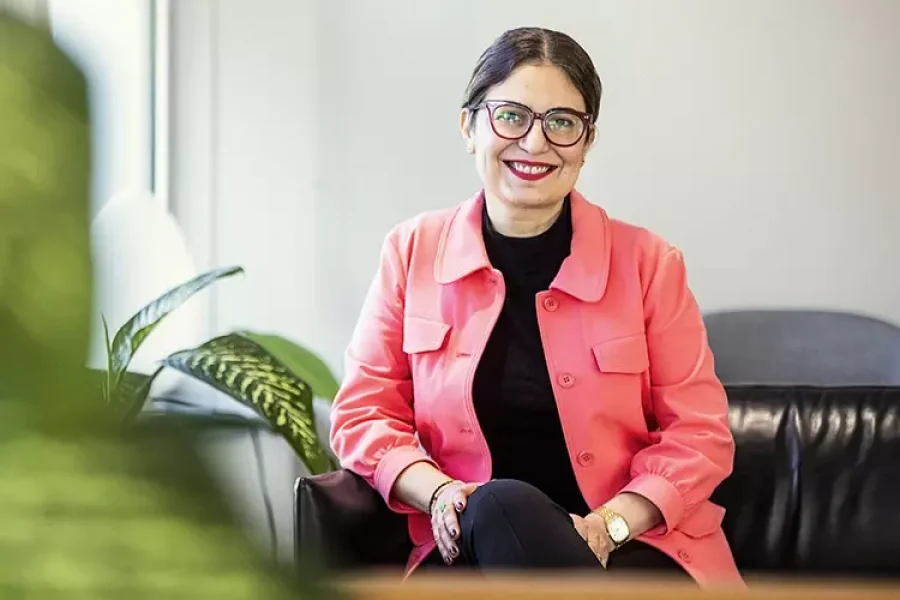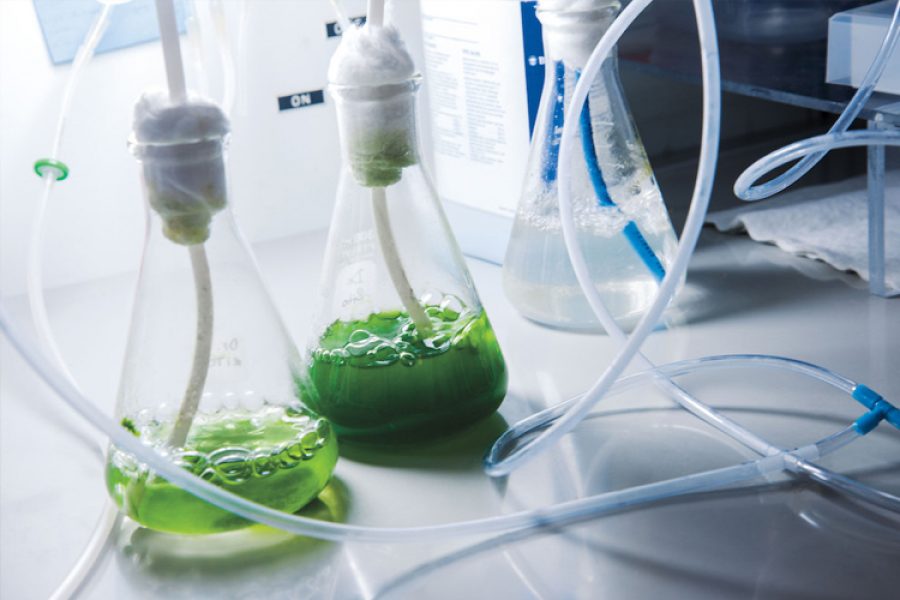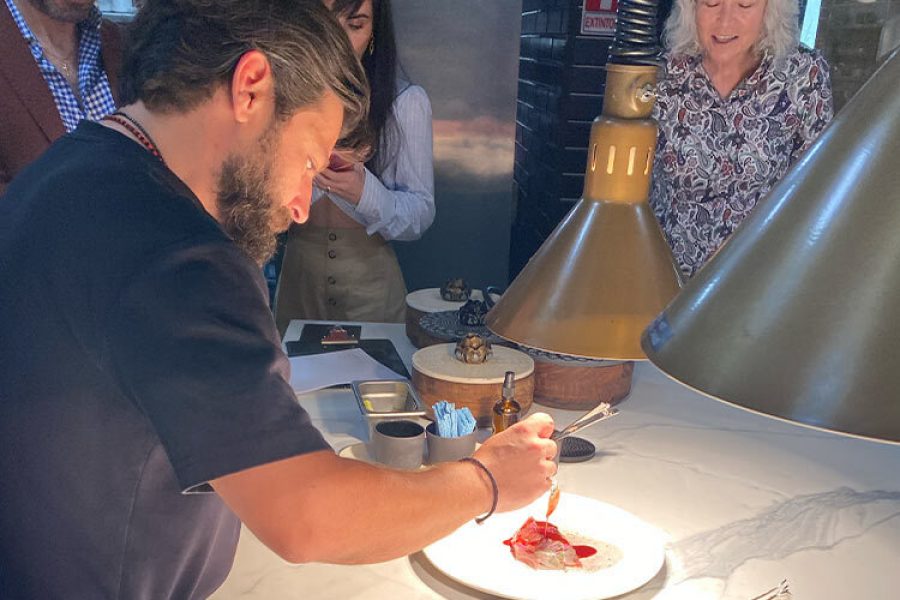By: Arleth Delgadillo / CONECTA
MicroBioMe is an in vitro platform that mimics human gut microbiota conditions to speed up the validation of pharmaceutical and food products.
This project, created by Tec Guadalajara professors Alejandro García, Abel Gutiérrez, and Yocanxóchil Perfecto, is still at the development stage but they want to turn it into an innovative company.
The goal is to contribute to the study of the human gut microbiota without using test subjects, and it received support due to its participation in the Tec de Monterrey and TecSalud’s Health Pioneers program, which made it possible to validate needs, scale up the technology, and obtain funding.
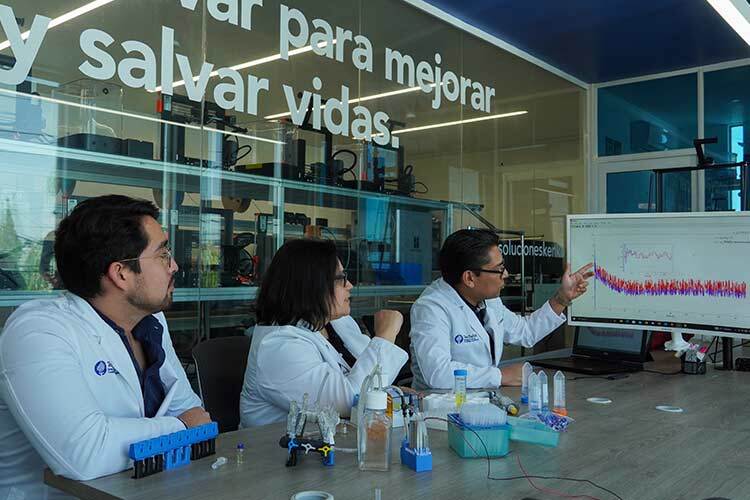
How Does MicroBioMe Work?
Alejandro García explains that MicroBioMe’s line of research “focuses on synthetic ecosystems, which are understood to be a grouping of bacteria that represent and/or are similar to conditions occurring in the human microbiota.”
“The microbiota is a complex system of thousands of microorganisms, which function through cross-feeding interactions; in other words, what serves as a substrate for one, together with the product it generates, can be a substrate for the second,” explains Garcia.
MicroBioMe was initially interested in finding out whether in vitro environments could be created through laboratory tests that simulate the characteristics of the intestine and microbiota. To this end, it uses mathematical tools, analytical methods, and data analysis to determine the beneficial effects and reduce the harmful effects of the products.
“We’re committed to positively impacting society in the area of health by becoming an agent of change. By creating innovative solutions, we’re improving treatment and accessibility,” says Garcia.
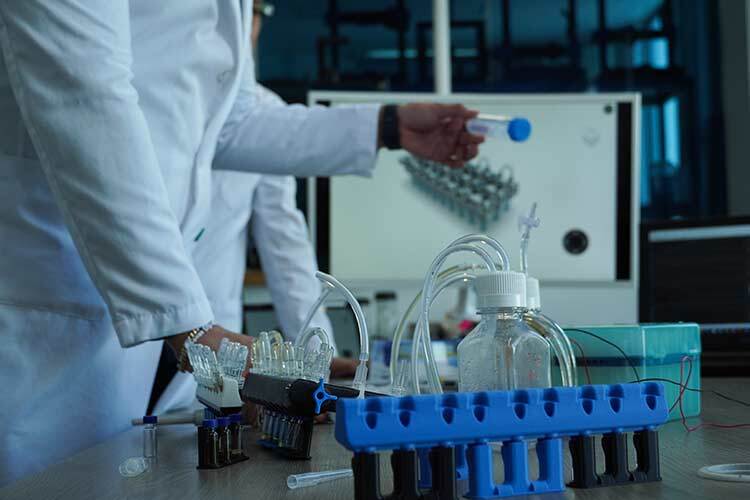
How Did Health Pioneers Benefit the MicroBioMe Project?
TecSalud’s Health Pioneers is a support program that seeks to promote science- and/or technology-based projects, and conducts needs analyses to refine technical aspects and consolidate the business model.
Collaboration with Health Pioneers was important for MicroBioMe because the researchers behind this project are in the process of consolidating it as an innovative company that will allow them to find funding, compete for intellectual property rights, and obtain a U.S. patent.
Researcher Alejandro Garcia said that they performed needs analysis with leaders in the food and pharmaceutical industry during the Health Pioneers program.
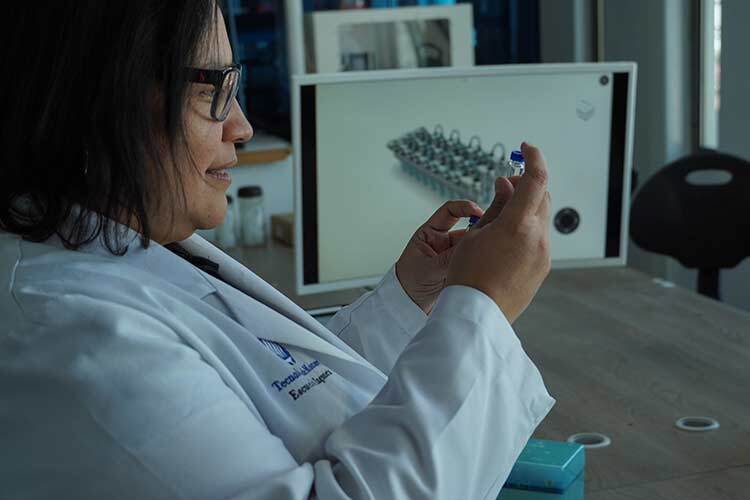
In this way, he said, the science and technology-based project addresses the following specific needs of the industry:
- Validation of probiotic, prebiotic, and synbiotic effects on foods
- A decrease in the use of experimental models on animals
- A reduction in clinical protocol risks
“We got involved not only in the scientific study, but also in coming up with a solution that could make a study platform able to rapidly assess the effects of new products in these two areas,” he added.
In turn, the researcher pointed out that the TecSalud program helped identify social benefits of the MicroBioMe platform, such as:
- Acceleration the development of new products, some for therapeutic purposes
- Democratization of access to health care
- Assessment of consumer safety

On the Role Played by Researchers as Agents of Change
Professor García emphasized how the role of researchers has undergone significant transformation. Although they are still involved in the process of knowledge generation, they now also face the prospect of exploring alternative ways to develop projects that have social impact.
“The most challenging thing is to define a problem. That can require the investment of a lot of time, but once you have it, the solutions have a greater impact,” he said.
The academic also stressed the importance of collaborating with other experts on social change and knowledge generation: “If we want a solution to have an effect, it’s important to listen to those involved in the processes. In addition, knowledge is required in such diverse areas that the work should be multidisciplinary.
“We’re very interested in ensuring that our innate talent for developing solutions to social problems is supported by methodologies that allow them to do precisely that,” he concluded.
MicroBioMe will continue to raise funds to validate and implement the project and will then seek funding through their startup. They are also currently reviewing their participation in a program with the Tec’s Technology Transfer Office (TTO).
Were you interested in this story? Do you want to publish it? Contact our content editor to learn more marianaleonm@tec.mx.
